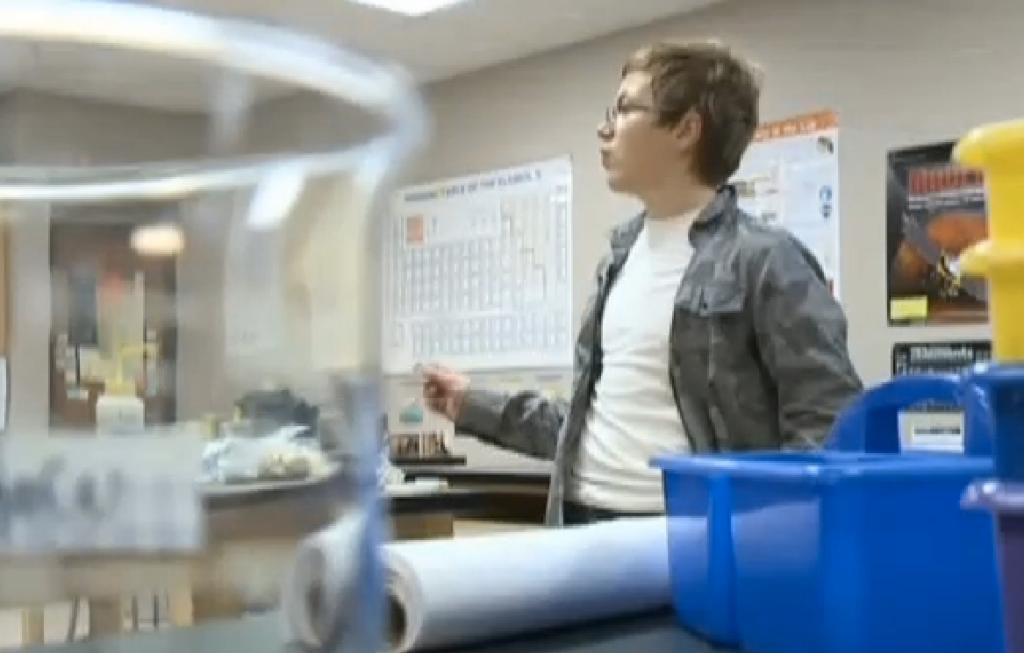
ShutterstockDressing like this for the protest was the Greenpeace activists’ biggest mistake.
We told you recently that Russian law enforcement suggested Greenpeace activists violated anti-piracy laws when they scaled the country’s first offshore drilling rig. And we told you that even President Vladimir Putin scoffed at the notion that the activists were “pirates” — given that they were obviously protesters, not looters.
But the cops have persisted, charging all 30 aboard the Greenpeace ship, including journalists, with piracy — a crime that could see them each jailed for up to 15 years.
On Tuesday, a Russian court denied bail to three accused Russians, including a freelance journalist, during a hearing. Protesters from other countries are due to receive their days in court later this week. From Reuters:
Greenpeace says the piracy charges against the activists and crew members are absurd and unfounded and that the conditions of detention have in some cases violated their rights.
“They are now prisoners of conscience, and as such they are the responsibility of the world,” said Kumi Naidoo, head of Greenpeace International.
The Netherlands launched legal proceedings against Russia on Friday, saying it had unlawfully detained the activists and others on the Dutch-registered icebreaker Arctic Sunrise.
On Wednesday, Greenpeace’s international executive director offered to stand in as security for the release of the 30 activists on bail. “I would offer myself as a guarantor for the good conduct of the Greenpeace activists, were they to be released on bail,” Kumi Naidoo wrote in a letter to Putin that was seen by Reuters, offering to move to Russia “for the duration of this affair.”



